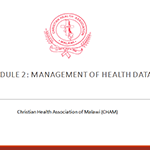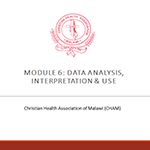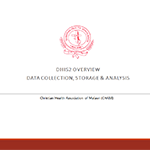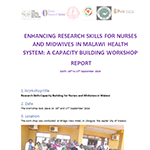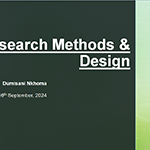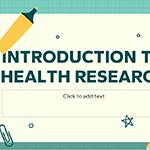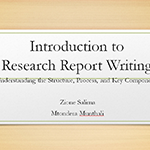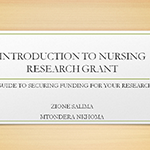Enhancing Research Skills for Nurses & Midwives in Malawi Health System: A Capacity Building Workshop16-17 September 2024
Nurses and midwives are crucial to Malawi's healthcare system, but many lack the research skills needed to improve healthcare delivery. This limits opportunities to explore new methods and treatments through research. To address this gap, a research workshop will be held for nurses and midwives from across Malawi, representing government, private, and faith-based health institutions. This in person workshop aims to equip participants with research skills like grant proposal writing and data analysis. By building research capacity among nurses and midwives, this initiative can lead to increased participation in health research, improved nursing care through evidence-based practices, and ultimately, a Malawi health system guided by scientific data. |
Summary of workshop outputs
The "Enhancing Research Skills for Nurses and Midwives in Malawi" workshop took place from September 16-17, 2024, at the Bridge View Hotel in Lilongwe, Malawi. This capacity-building event, organized by Louis Ng’oma, Malawi, in collaboration with Global Research Nurses - The Global Health Network at Oxford University, aimed to bridge the research skills gap among nurses and midwives.
With 46 participants from various health institutions, the workshop offered training on research methodologies, data management, grant proposal writing, and report writing. The hands-on sessions focused on equipping attendees with the necessary tools and techniques to conduct high-quality research and make evidence-based decisions in healthcare. Attendees also had the opportunity to practice data entry and analysis using tools like DHIS2 and SPSS, significantly enhancing their practical skills.
The event was honoured by the presence of the Director of Research under the Ministry of Health and the Director of the Nurses and Midwives Council, who officially opened the workshop. The workshop also received significant coverage, being featured on the Ministry of Health’s website and highlighted in the news. Support from the National Organization of Nurses and Midwives of Malawi further boosted the success of the workshop, strengthening research coordination within the country and paving the way for continued collaboration.
Key outcomes of the workshop include:
- A notable improvement in participants' ability to design research proposals and manage data effectively.
- Establishment of a mentorship program to provide ongoing support to participants.
- Enhanced networking and collaboration among healthcare professionals, strengthening research initiatives in Malawi.
- A commitment by the Ministry of Health to support trained nurses and midwives in their research efforts.
- The workshop was highly praised for its impactful content, with participants expressing their eagerness to apply their new skills to improve patient care. Recommendations for future workshops include extending the training duration and offering more in-depth sessions on data management and grant writing.
This successful event marks a significant step forward in empowering nurses and midwives in Malawi to take an active role in healthcare research, ultimately contributing to improved health outcomes in the region.
Presentation Slides
|
|
|
|
Learning objectives and expected outcomes This workshop aims to address the research skills gap for nurses and midwives in Malawi. Through interactive sessions with local research experts, participants will gain the knowledge and tools needed to conduct high-quality research in their health setting. Learning Objectives
Expected outcomes
|

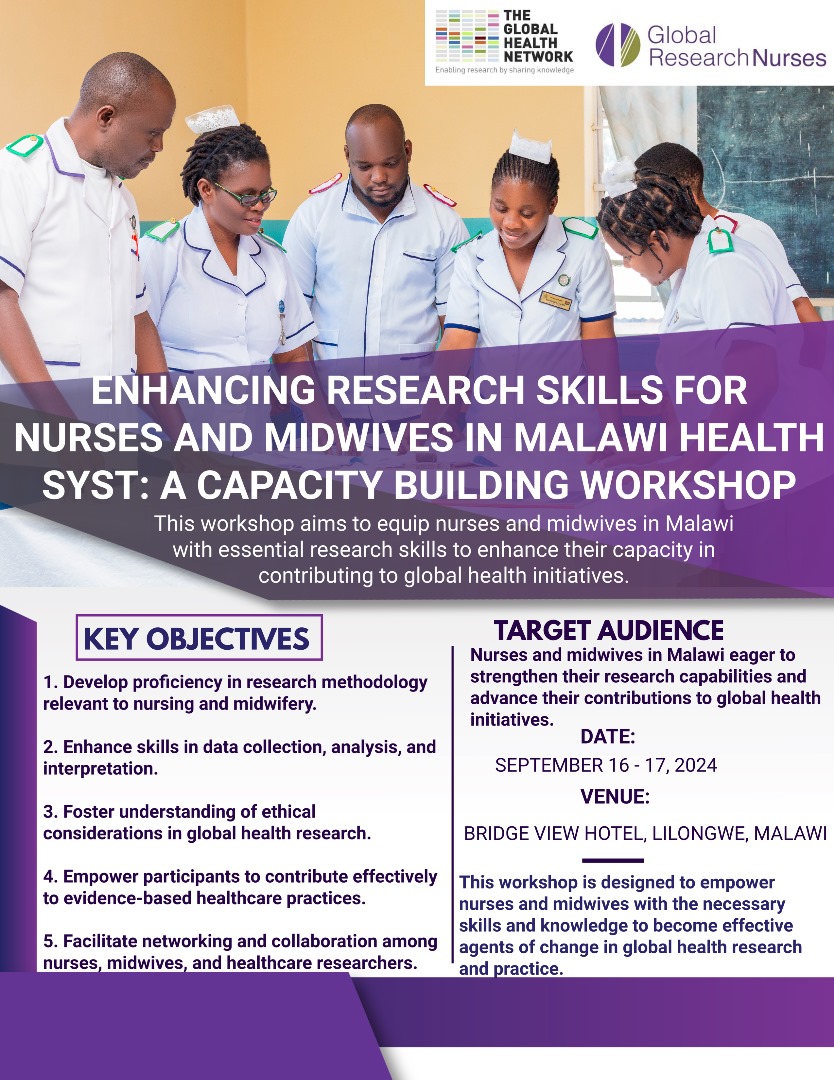 NEW Location: National Organization of Nurses and Midwives Hall, Capital City, Lilongwe, Malawi (poster will be updated shortly)
NEW Location: National Organization of Nurses and Midwives Hall, Capital City, Lilongwe, Malawi (poster will be updated shortly)